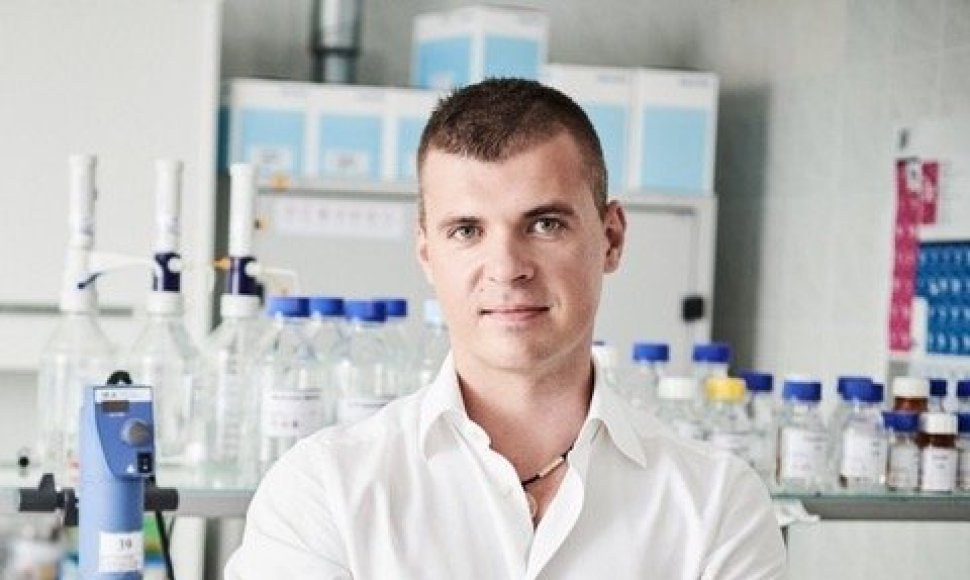As a result, venture capital funds, investors, and business angels could lose a lot of money, which would very likely affect our collective economy. However, like every bubble in history, it would also leave behind some very positive consequences for our future. For example, there was a time when the internet was talked about by everyone from taxi drivers to the Queen, although most of those who talked about it didn’t even use it.
Then, in 2000, there was the bursting of the internet bubble, with most technology companies simply going bankrupt and investors losing money. At the time, anything that started with the letters “www” seemed inspiring, so investment decisions were often based on emotion rather than rationality. Still, can you imagine life today without the internet or social networks?
Now, similar signs of a growing bubble can be seen in the global agri-food digitalisation market. But can this phenomenon really be called a new bubble?
Reasons for investment growth
In 2020, global investments in agri-food technologies accounted for about 25-30% of all investments in this area over the last decade. There is a clear trend during the pandemic that shows investment in the agri-food industry is hitting record highs.
“Why is that?” you might ask. One reason is that we are staying home more and thus we’re starting to understand the importance of food supply chains, food preparation, delivery, packaging, etc., even though we have not paid much attention to this in the past. This new understanding has undoubtedly placed itself at the centre of public debate. For example, a few days ago Liudvikas Andriulis started an active discussion on a social network about the quality of food delivery start-ups in Lithuania. And the more we talk, the more that bubble grows, right?
However, there is another reason for the significant rise in investment in the agri-food sector. Digitalisation, innovation, and – at the same time, investment – come at a point when market demand is at its peak and people have high expectations. Decisions in the food sector are therefore happening here and now. In addition, it must also be considered that the food technology market has matured, leaders have emerged, and micro-investments have been replaced by large (€100m+) injections of capital into individual companies, which accounted for as much as 82% of all contributed capital. In addition, the amount of exit transactions during 2020 was 3 times higher than all those from 2011-2019 put together.
A slightly different situation is seen in agriculture. Smart crop analysis has not yet become a prerequisite for survival as dictated by the market. In addition, it must be acknowledged that agriculture is a very traditional and inert sector, with generations working on farms in accordance with established traditions, so it is difficult to introduce any kind of innovation here. It should come as no surprise then that this is the least digitalized sector in the world. While the situation is beginning to change, investment in agri-innovation technology companies in 2020 accounted for only 7% of all investments in the agri-food sector.
The situation in the agri-food sector after the pandemic is over
The onset of the pandemic, movement restrictions, and a lack of awareness of the situation has led to a shortage of workers on EU farms, disrupted food supply chains, and has resulted in large amounts of food being simply disposed of even though other parts of the world are challenged by food scarcity. It can be argued that the pandemic has opened up problems in the agri-food sector that can only be addressed through digital innovation and robotisation.
The COVID-19 pandemic is a spark dropped into a haystack that will drive the digital transformation forward at the maximum speed. If digital innovation used to be a luxury commodity, we can now say with confidence that we will not be able to move forward without it.
I think in the post-pandemic world factories and plants will be very different from what we see today, and food grown on traditional farms will become a luxury. We can already see that more and more companies are seeking to create imitation meat from plant products and are moving from the testing phase to production. We can also see that robotic systems serving greenhouses around the clock will soon be visible not only in some parts of Western Europe, but will also be widespread in Lithuania.
Lithuania’s path
Naturally, there will be some bubbles that burst along this path, but the end result will leave a significant mark on our daily lives. There are at least two paths we can take when dealing with any kind of transformation: we can wait calmly and simply try to survive a difficult period, or we can react and be proactive. Lithuania has every opportunity to use its potential and become the heart of agri-food technology development and testing in Europe. However, this requires a clear voice from decision-makers and an answer as to whether or not we want to be such a country. I hope we take the proactive path.
Augustas Alešiūnas is an agri-food technology business angel and the founder and director of the digital innovation company “ART21”.
Leave the interpreting to us! Translated by Pasaulio spalvos












